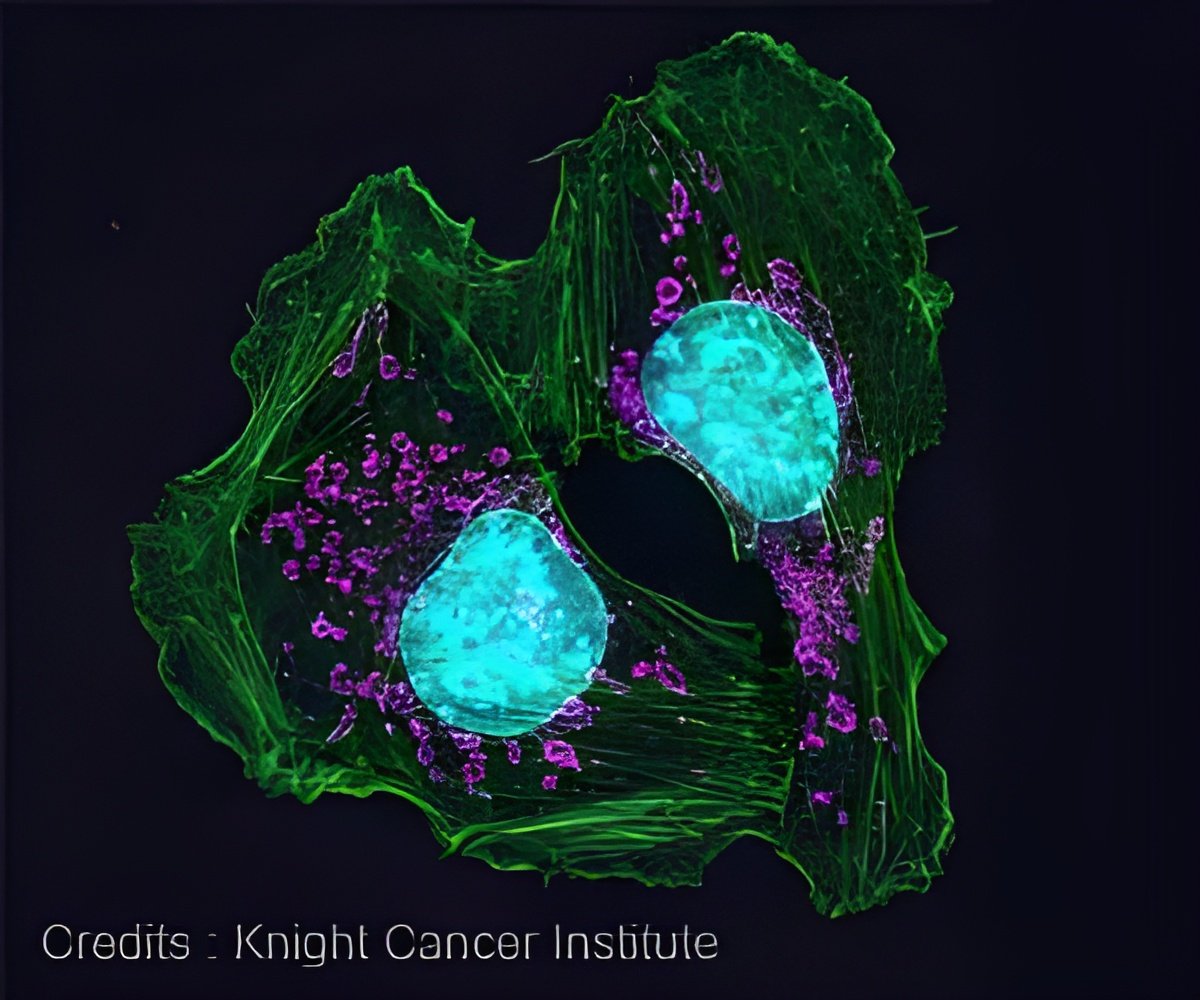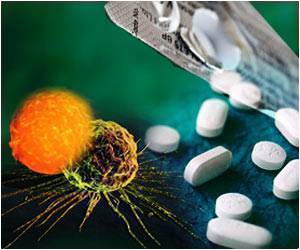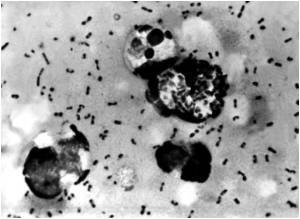Wnt signaling pathway and autophagy are associated, whereby Wnt plays a major role in the response to autophagy inhibitors and can aid in melonoma therapy.

‘Autophagy inhibitors are effective in treating melanoma and by targeted therapy can aid in overcoming resistance.’





Melanoma is the deadliest form of skin cancer. In recent years, there has been a large effort for the development of targeted therapies that inhibit specific signaling pathways required for proliferation of tumor cells and melanoma progression. However, the effectiveness of this therapeutic approach is only temporary, as tumors eventually become resistant, emphasizing the need for other therapeutic options.Autophagy is a metabolic process that provides resources for the synthesis of new macromolecules through the degradation of cellular constituents. It allows cancer cells to survive under stressful conditions in the tumor microenvironment. Because it also affects the response to melanoma targeted therapy, several studies are investigating the potential of inhibiting autophagy as a strategy to improve sensitivity to targeted therapy, with some autophagy inhibitors currently moving into clinical trials.
This latest Wistar study provides important, new information on the interplay of autophagy with the Wnt signaling pathway, a key regulator of melanoma progression and metastasis.
"We have already shown that Wnt5A, a component of the Wnt pathway, plays critical roles in melanoma progression," said Ashani Weeraratna, Ph.D., Ira Brind Associate Professor and co-program leader of the Immunology, Microenvironment and Metastasis Program at Wistar and corresponding author of the paper.
"Our new study indicates a link between the Wnt pathway and autophagy, whereby Wnt is a key player in the response to autophagy inhibitors and likely affects the efficacy of this class of drugs."
Advertisement
In particular, they found a direct correlation between expression levels of Wnt5A, which also correlate with melanoma progression, and activation of autophagy. They then observed a reciprocal regulation of autophagy and Wnt signaling. This prompted them to test in vitro and in vivo how the response of melanoma to an autophagy inhibitor is affected by Wnt signaling activation.
Advertisement
"By dissecting the crosstalk between the autophagy pathway and the Wnt pathway, we discovered that signaling changes that occur within the tumor may affect the response to autophagy inhibitors," said Abibatou Ndoye, a graduate student in the Weeraratna lab and first author of the study.
"Our observations will be helpful to determine which patients will be more responsive to this therapeutic strategy and how we can target the pathways that affect the response, in order to overcome resistance."
Through the new link established between autophagy and Wnt, the study also proposes a novel role of autophagy in melanoma invasion and suggests that autophagy inhibitors may be useful in melanoma treatment beyond their ability to render the cells more sensitive to targeted therapy.
Source-Eurekalert












